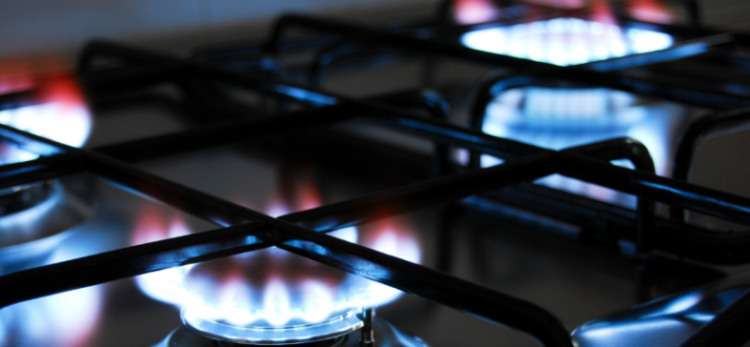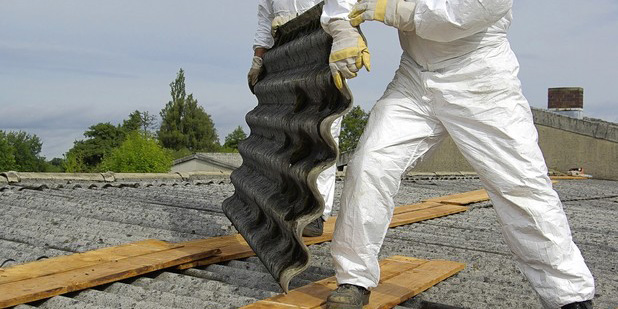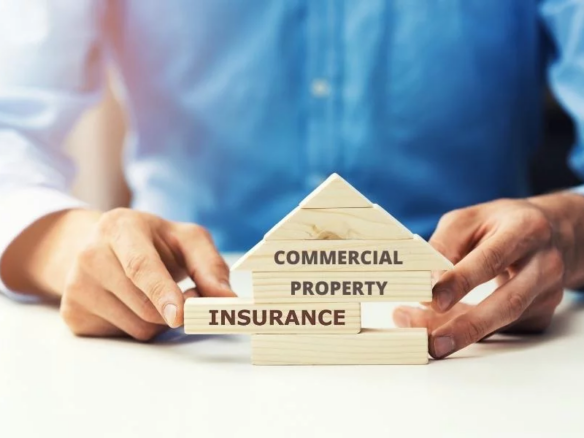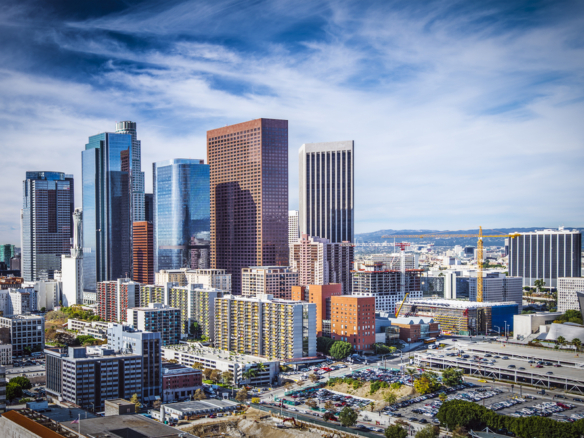Prime commercial properties are attractive to tenants and landlords alike.
And despite the rise of digital commerce, some sectors are still suited to operating from physical outlets.
But whether you’re a landlord or leaseholder it’s crucial you’re aware of your safety responsibilities.
So here are five commercial property safety pitfalls to avoid.
Fire
Fire can affect any business, but safety requirements vary in diverse business sectors.
A small shop might require a fire door and extinguishers — but investing in specialist safety provisions like fire walls for substations may be mandatory for large energy providers.
Commercial tenants are usually responsible for fire safety unless their lease specifies that it falls in the landlord’s remit — but it’s always wise to confirm this.
And fire safety is now central to the design of commercial properties in the UK thanks to new British Standards Institute requirements.
Asbestos
Asbestos is sometimes found during the maintenance and repair of older buildings — and it’s a huge health risk.
So commercial leases should clearly state which party is responsible for building maintenance and repair.
The consequences of non-compliance when handling asbestos can be a fine running into millions of pounds or even a prison sentence.
A specialist asbestos survey should provide peace of mind for all lease signatories.
Electricity
Responsibility for electrical equipment is shared between the tenant and landlord.
But the landlord is responsible for the upkeep of the wiring system and should provide a safety certificate to the tenant prior to their occupancy.
Tenants are present in the property more often than landlords, so they should take note of any strange heat sources and smells — warning signs include overloaded plug points and corroded wiring.
Wires run through every nook and cranny of commercial properties so there’s always potential for fires that endanger staff and stock.
Gas

Tenants are responsible for gas-fuelled appliances in a commercial property.
But in circumstances where the landlord provides their own equipment for tenant use, they should ensure it’s safety-checked and certified.
Gas explosions can be fatal to staff and the neighbouring community — so clarification of remits and responsibilities is crucial.
Lease
It should be apparent that the commercial lease is the key to setting the safety responsibility record straight.
If any contractual clause or caveat is unclear, a commercial property solicitor can provide advice.
An online lawyer comparison site can help you find a solicitor suited to the task — and the outlay for fees might prevent unforeseen problems developing as the relationship matures.
Most commercial properties are safe and relationships between tenants and landlords are for the most part positive. However, if you’re looking to sell a commercial property, trying to find out the proper value can be quite difficult. To speed up the process why not use a commercial property valuation company.
But avoiding these five potential pitfalls for commercial properties might mean your business and building stand the test of time.




